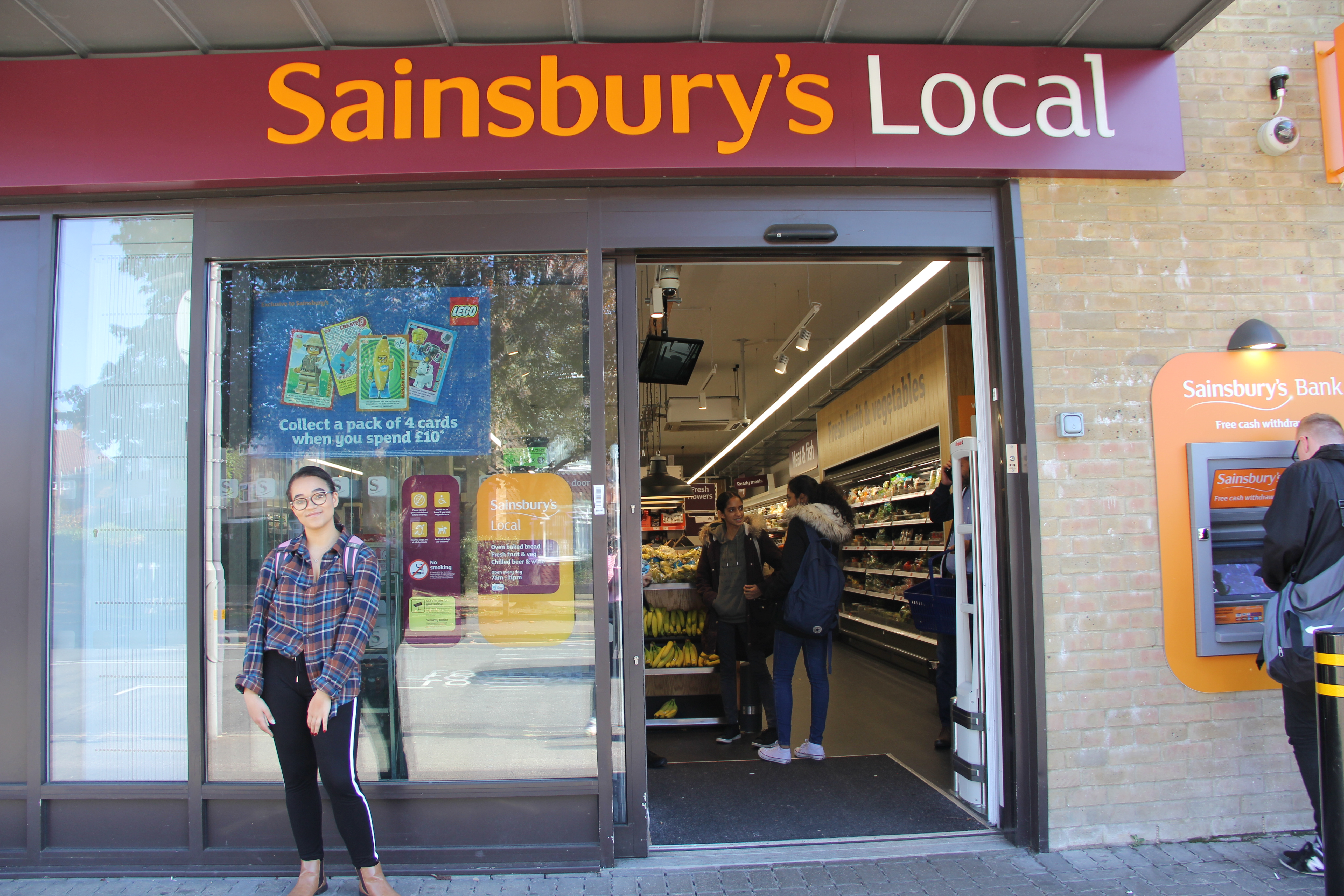Around 75 per cent of young people aged 18-24 use self-service checkouts whilst shopping to avoid human interaction, according to a study.
Research carried out by Whistl, a delivery management company, showed 70 per cent of over 45s preferred to speak to a human when making a purchase, compared to 25 per cent of young people.
KU publishing student Wendy Garnett, 21, always uses self-service checkouts when she can, she says: “I can’t be bothered to interact with the cashier. You can exchange the odd comment but it’s mostly awkward.
“I have to rush to pack my groceries because there’s often a queue behind me, so I tend to keep conversation minimal or not start one.”
The study found that only 17 per cent of all adults surveyed find human interaction important when shopping for groceries.
Similarly, when shopping for beauty or medical items, 26 per cent of shoppers said human interaction was not important and preferred self-service to avoid embarrassment asking for certain products.
Garnett said: “I prefer self-service as I can buy feminine hygiene products without feeling embarrassed and I have more control. I can scan my items at my own pace and have time to pack my groceries without having to rush.”

